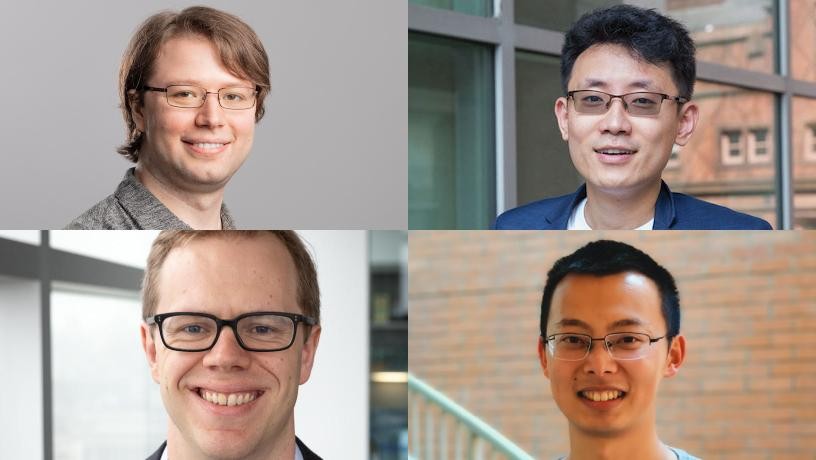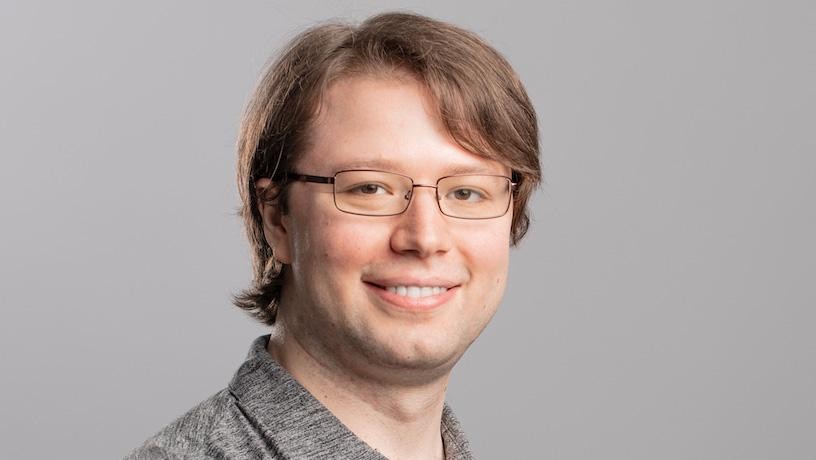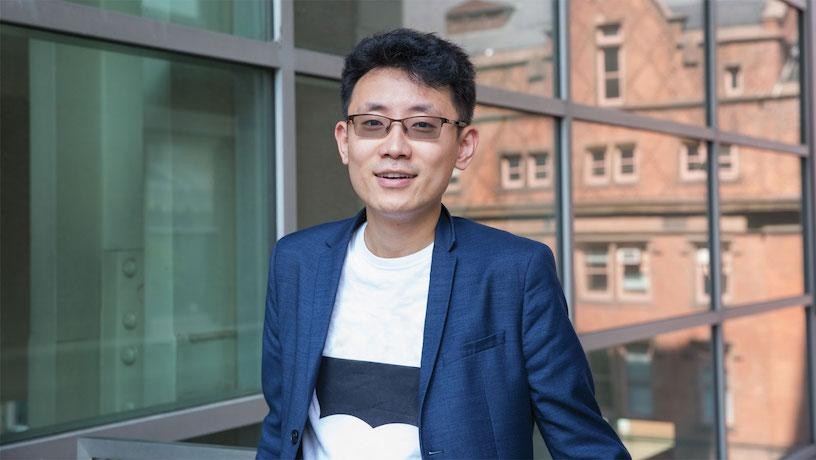Junior Faculty Win NSF Early Career Development Awards
As one of the highest honors for young faculty, the NSF CAREER award recognizes outstanding research. Meet the Columbia Engineering professors who earned the award.

The National Science Foundation has recognized three professors from Columbia Engineering with its Early Career Development (CAREER) award, one of the highest honors for young faculty. From improved algorithms to address the computational complexity of matrix operations and more efficient systems verification methods, to new AI tools for determining competitive equilibrium in markets, these researchers are making advances in some of the most cutting-edge areas of their disciplines.

Josh Alman, assistant professor of computer science
Josh Alman, assistant professor of computer science, received an NSF CAREER award for his project, “Complexity of Matrix Operations.” He will explore improving algorithms for computational tasks involving matrices and build upon his current work, which gives the fastest known algorithm for multiplying two matrices. It also proves mathematical barrier results that explain why computer scientists have been unable to design even faster algorithms. The CAREER award more broadly supports Alman’s research goal to develop efficient algorithms for fundamental problems and mathematically proving when improvements are impossible. The NSF funding also supports his outreach efforts, including math and computer science enrichment for students in New York City and math contest training for high school students in Ghana.

Ronghui Gu, Tang Family Assistant Professor of Computer Science
Ronghui Gu, Tang Family Assistant Professor of Computer Science, will use his grant award to develop a framework called Ashera to automatically verify the security of loops in software systems. Loops are a programming element used to execute a block of code multiple times without writing it repeatedly. Verifying the correctness of loops is a manual and painstaking process, and prior work has been on small programs that cannot be applied to systems code. The proposed work will build, verify, and deploy open-source technologies and provide a foundation for future innovations in systems verification. This research builds on Gu’s formal verification and computer systems expertise and his long-term goal of scaling formal verification techniques to build modern, resilient systems software.

Christian Kroer, assistant professor of industrial engineering and operations research
When most people think of markets, they immediately think of money, yet many kinds of settings and situations involve market design to achieve fair and efficient outcomes. Christian Kroer, assistant professor of industrial engineering and operations research, received an NSF CAREER award for the project, “Fair and Efficient Market Design at Scale,” which will focus on competitive equilibrium (CE) and fair allocation at scale, particularly in settings without money where fair allocation problems pose challenges, e.g. matching blood donors to donation sites, course seat allocation, public housing allocation, and recommender systems with two-sided preferences. Kroer, who is also a member of the Data Science Institute, will develop new AI and optimization-based tools for enabling CE computation in real-world settings. This includes developing new economic and statistical models, along with scalable optimization methods for computing the corresponding competitive equilibria. Such models could offer a principled approach to address fairness issues in various markets. As part of his proposal, Kroer plans to write a book on modern AI and optimization-based methods for game theory and market design.

Bolun Xu, assistant professor of earth and environmental engineering
Bolun Xu, assistant professor of earth and environmental engineering, received an NSF CAREER Award for his proposal, “Computation-efficient Algorithms for Grid-scale Energy Storage Control, Bidding, and Integration Analysis.” His project seeks to develop new computation tools that could aid grid integration of energy storage for more sustainable and reliable power systems. The novel computation framework would combine model-based optimization with machine learning to enable operators and storage owners to bid and dispatch storage technologies with more accuracy. The project will help develop energy management system software that can reflect storage operating characteristics and future uncertainties. Xu will also undertake education and outreach activities to promote community solar plus storage deployments in disadvantaged neighborhoods in New York City.
